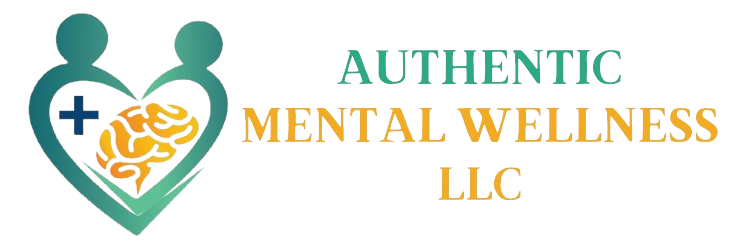Comprehensive Mental Health Assessment

A Comprehensive Mental Health Assessment is a thorough evaluation process aimed at understanding an individual’s psychological, emotional, and behavioral functioning. This assessment typically involves a combination of interviews, questionnaires, and standardized tests conducted by mental health professionals such as psychiatrists, psychologists, or clinical social workers. The primary goal is to gather detailed information about the individual’s mental health history, current symptoms, lifestyle, and social environment to formulate a comprehensive understanding of their mental health status. This process helps in identifying any mental health disorders, understanding the severity of symptoms, and providing insights into the individual’s overall mental well-being.
The assessment covers various aspects of mental health, including cognitive functioning, emotional stability, and behavioral patterns. It begins with a detailed personal and family history, focusing on past psychiatric conditions, treatment history, and any significant life events that might have impacted mental health. Clinicians also assess the individual’s physical health, as medical conditions and substance use can significantly influence mental health. Standardized questionnaires and rating scales are often used to quantify symptoms and compare them against normative data. These tools help in identifying specific disorders such as depression, anxiety, bipolar disorder, schizophrenia, and other psychiatric conditions.
A Comprehensive Mental Health Assessment is crucial for developing an effective treatment plan tailored to the individual’s needs. The information gathered through this assessment helps clinicians determine the appropriate interventions, which may include therapy, medication, lifestyle changes, and support services. It also provides a baseline to monitor progress and make necessary adjustments to the treatment plan over time. By understanding the intricacies of an individual’s mental health, clinicians can offer more precise and personalized care, ultimately improving the chances of successful outcomes and enhancing the individual’s quality of life.
